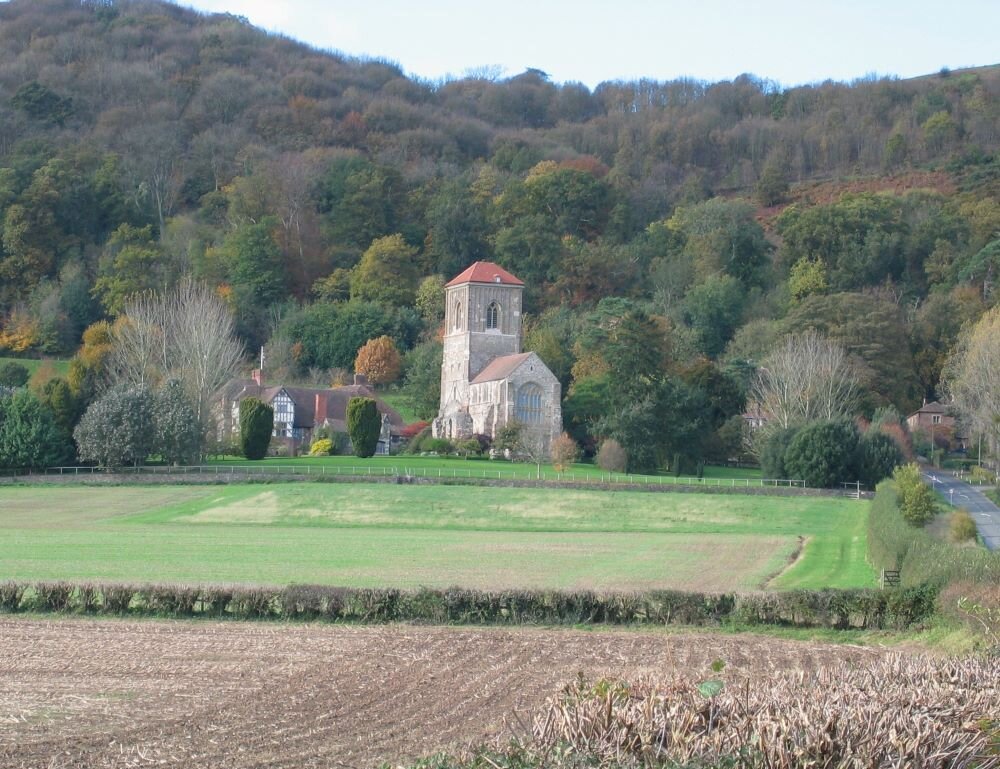
Little Malvern Priory
The King was still writing to Sir Henry Vernon in Derbyshire. He hadn’t yet put in an appearance to aid the cause. Edward had heard rumours of further uprisings, though, in the North of England and in Kent, where the Bastard of Fauconberg was causing problems. He was yet again faced with needing an army. He wrote to Henry Vernon:
Trusty and well-beloved we greet you well and letting you wite that we Purpose to be at our cite of Coventry on Monday next willing and charging you therefor to meet with us with xx persons defensibly arrayed in our coming thither, and that ye may accompany us with the same; not failing thereof as our trust is in you.
Given under our signet at Tewkesbury the viith day of May.
Edward left for Worcester, where he arrived by the evening and lodged in the Abbey.
After the battle, Queen Margaret and her entourage had fled. Local tradition has it that they were shown how to ford the River Severn on horseback by a monk. It is likely that they were making for Wales and Jasper Tudor, then maybe to escape to France. Whilst on the way to Worcester, Edward had news that Queen Margaret had been captured at ‘a poor religious place’. Though not said in any chronicle, Little Malvern Priory is probably that place.
Warkworth’s Chronicle names her entourage of ladies:
And afterward these ladies were taken, - Queen Margaret, Prince Edward’s wife, the second daughter of the Earl of Warwick’s, the Countesses of Devonshire, Dame Katherine Vaux.
Warkworth also lists some of the men who were not slain, and comments on the victor’s booty. There are rumours that the troops, having scavenged the battlefield, engaged in looting in the town.
And these were taken, and not slain; Sir John Fortescue, Sir John Saintlo, Sir Henry Roos, Thomas Ormond, Doctor Mackerel, Edward Fulford, John Parker, John Bassett, John Wallys, John Thromere Throckmoreton [sic], and diverse other men. And there was taken great goods, and many good horse that were brought from beyond the sea

No comments:
Post a Comment